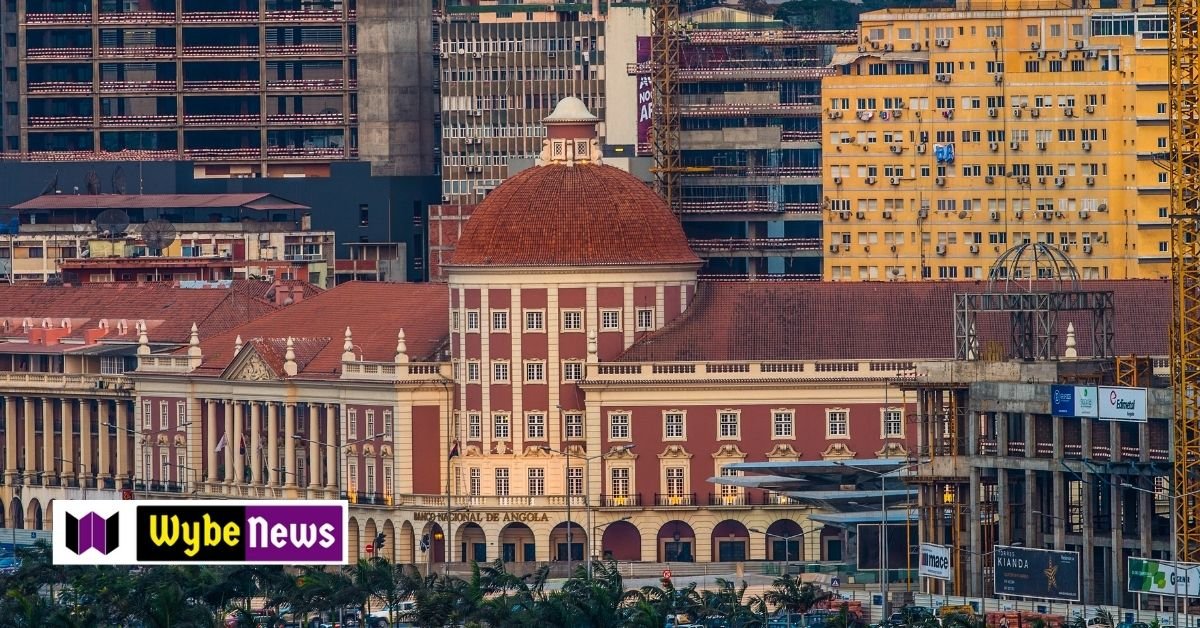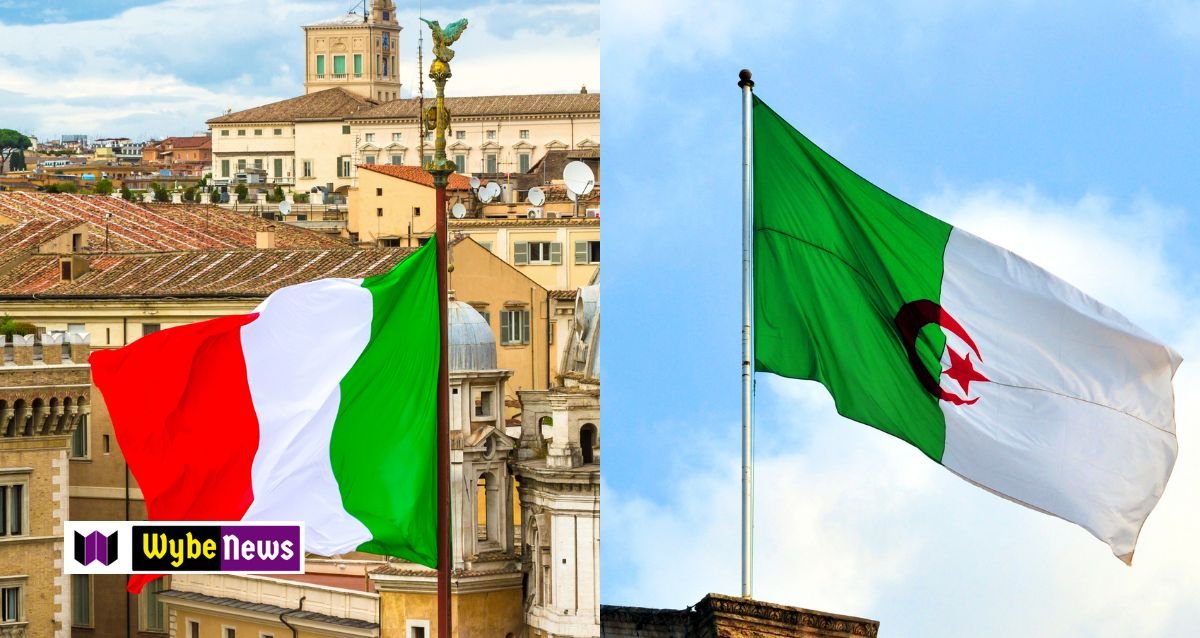Angola’s Economic Diversification: Navigating Challenges and Building a Sustainable Future

Angola Faces Economic Challenges Amidst Diversification Efforts
Angola, a nation with a rich history and vast resources, finds itself at a critical juncture in its economic journey. With a long coastline and a central plateau, this southern African nation has relied heavily on its oil reserves for economic growth. However, recent years have exposed vulnerabilities tied to global oil demand fluctuations, leaving the country grappling with high levels of poverty and inequality. As Angola charts its path forward, it faces the imperative task of diversifying its economy to ensure sustainable development and prosperity for its people.
Economic Overview
Angola’s economic landscape has been characterized by volatility, with oil production setbacks and currency depreciation impacting growth. In 2023, economic growth slowed to 0.8% due to lower-than-expected oil exports and high debt service payments. This downturn triggered inflationary pressures, with year-on-year inflation reaching 24% by February 2024. In response, the National Bank of Angola raised its policy rate to 19% to stabilize the economy. Additionally, the country’s heavy reliance on oil has hindered job creation, exacerbating urban and youth unemployment rates.
Future Prospects
Despite these challenges, Angola anticipates a rebound in growth driven by non-oil sectors in 2024. While new oil projects offer some promise, the long-term sustainability of the sector is uncertain due to depletion and lack of investment. To mitigate risks and foster economic resilience, Angola must prioritize diversification efforts. Agriculture emerges as a key sector with the potential to drive growth and job creation, given the country’s abundant arable land and favorable climatic conditions. However, climate resilience measures will be essential to mitigate the adverse effects of extreme weather events on agricultural productivity.
Development and Social Challenges
Angola’s over-reliance on oil has exacerbated macroeconomic instability and limited economic diversification. The dominance of informal employment further underscores the need for structural reforms to spur formal job creation. As the country seeks to recover from the economic downturn, addressing barriers to private sector investment becomes paramount. Achieving economic diversification will not only support growth but also contribute to poverty reduction, with an estimated 36.1% of Angolans living on less than $2.15 per day in 2024.
Political Context: Politically, Angola operates under a multi-party system, with the Popular Movement for the Liberation of Angola (MPLA) in power since independence. President João Lourenço’s reelection in 2022 reflects continuity in leadership amid ongoing efforts to promote peace and stability in Africa. Internationally, Angola plays a proactive role in regional diplomacy, particularly in the Democratic Republic of Congo, where it leads efforts to address instability in the Great Lakes region.
As Angola navigates its economic challenges, the imperative of diversification looms large. By harnessing its agricultural potential and addressing structural barriers to investment, Angola can pave the way for sustainable growth and poverty reduction. However, concerted efforts are needed to build resilience against external shocks and ensure inclusive development for all Angolans. With political stability and a commitment to regional cooperation, Angola is poised to overcome its challenges and realize its potential as a vibrant African economy.






